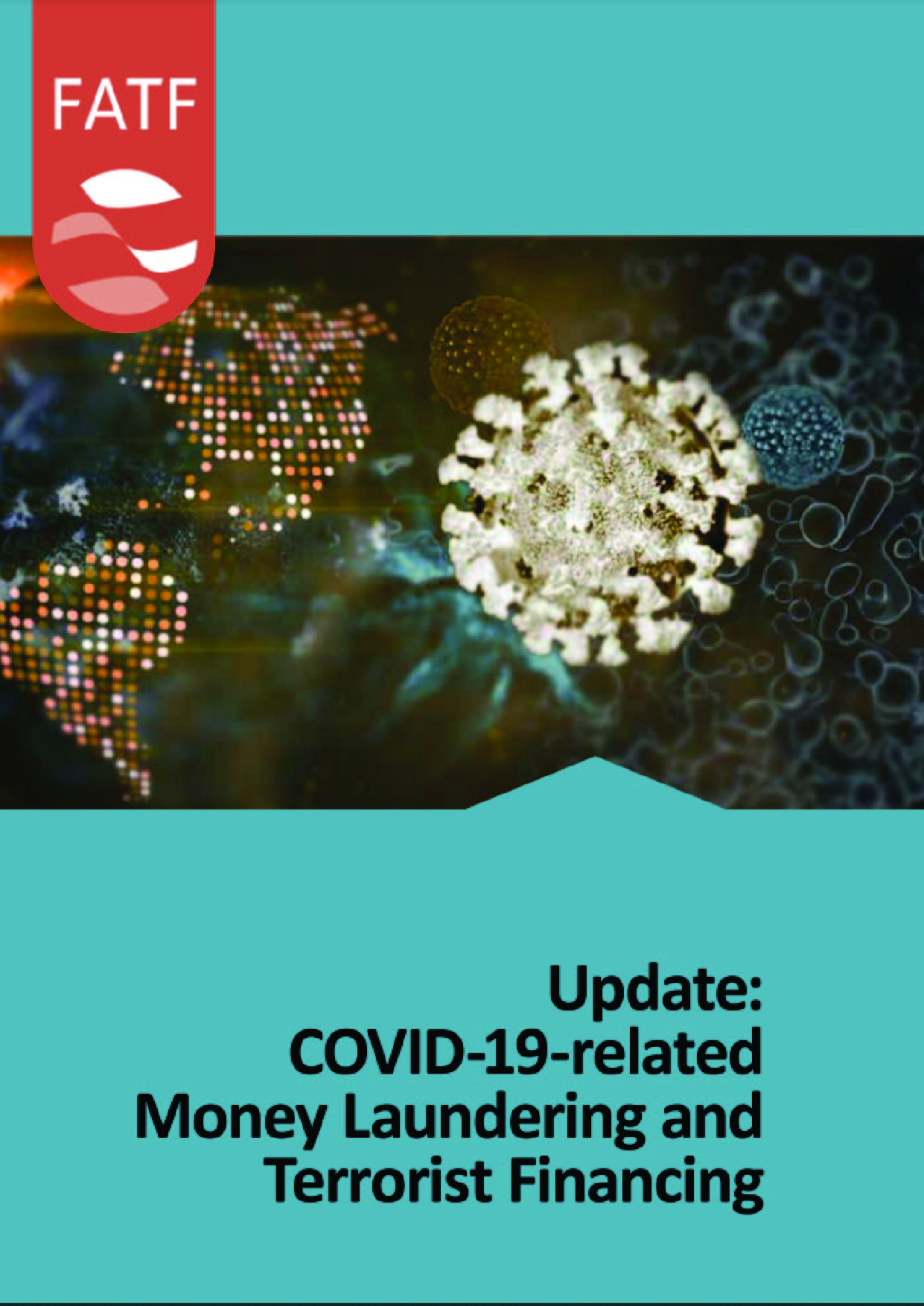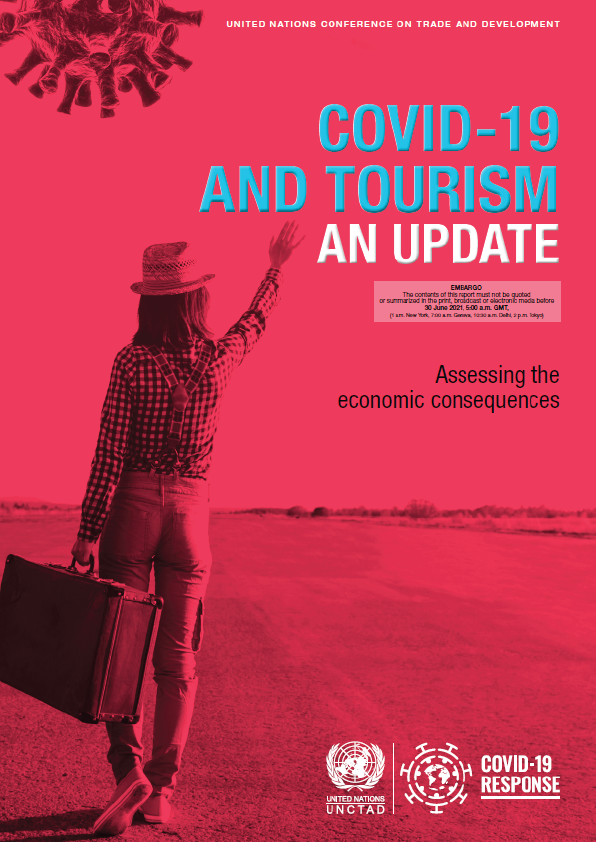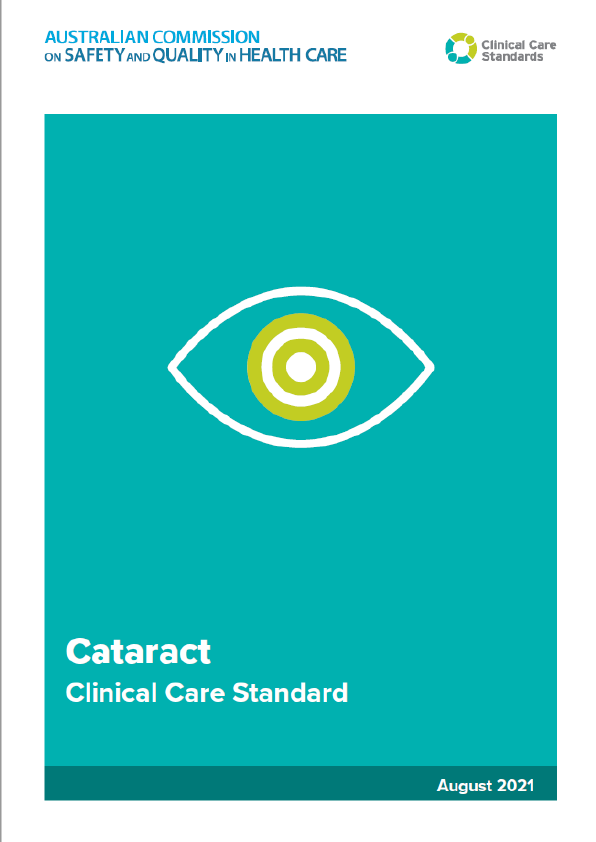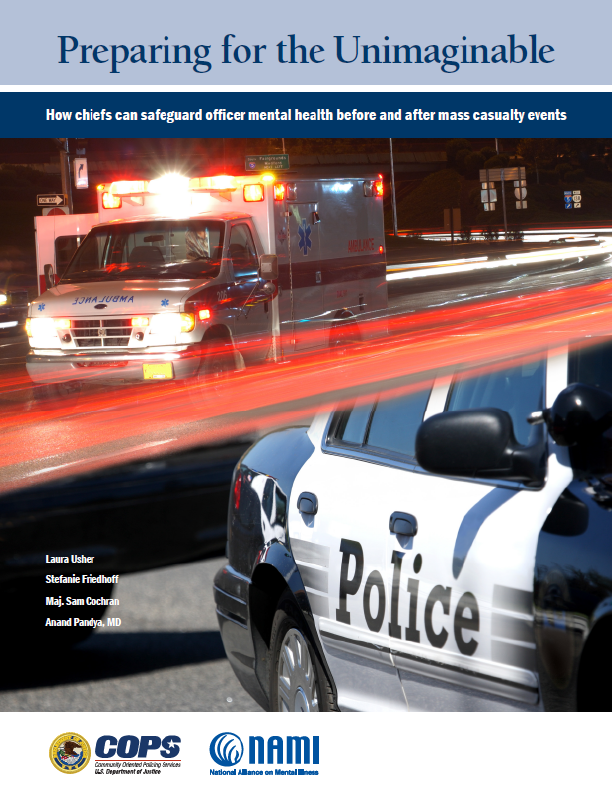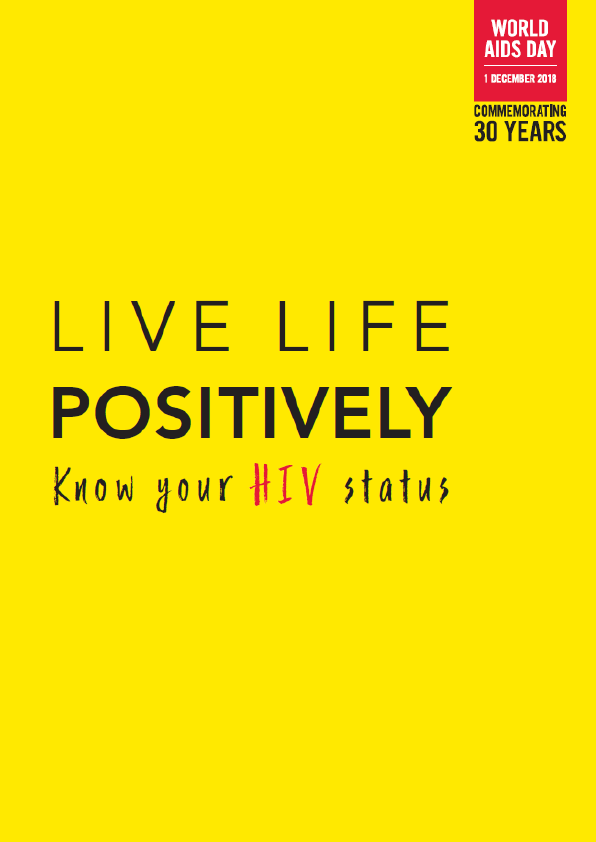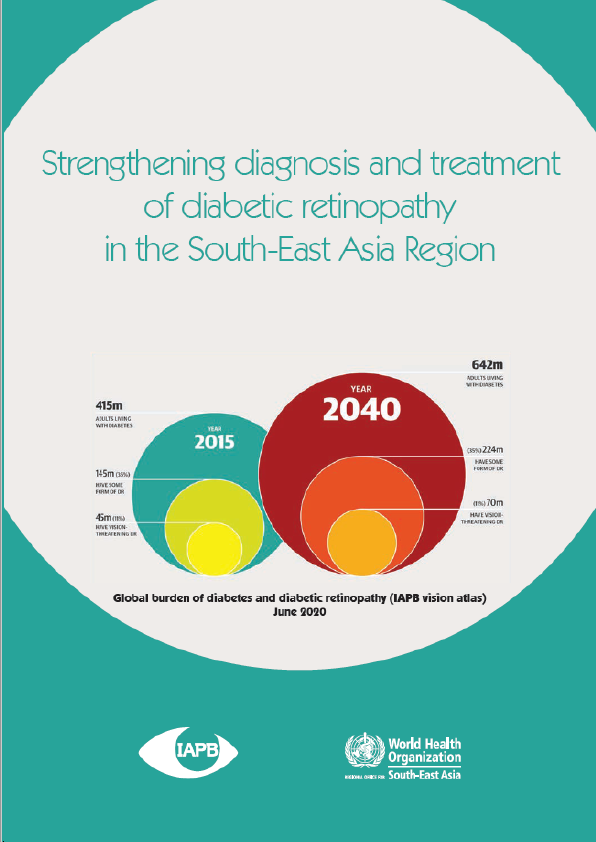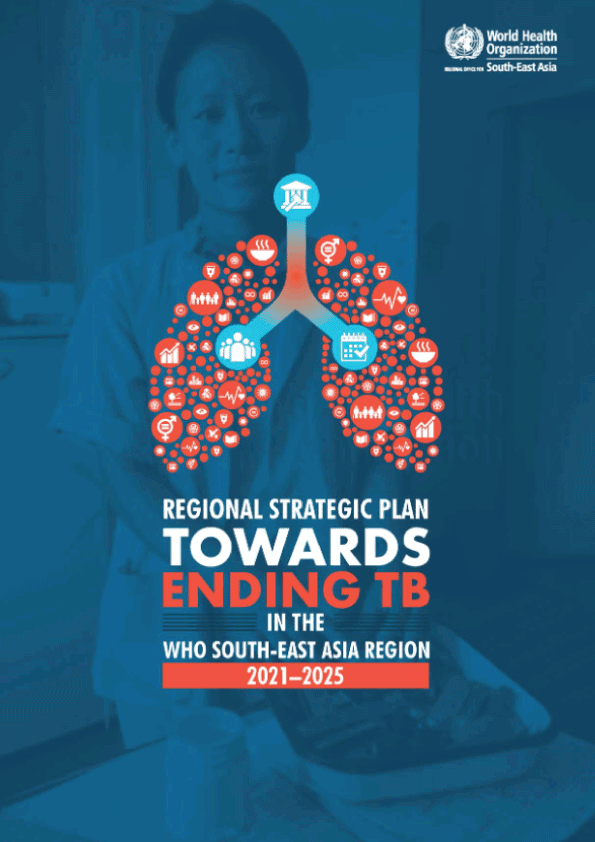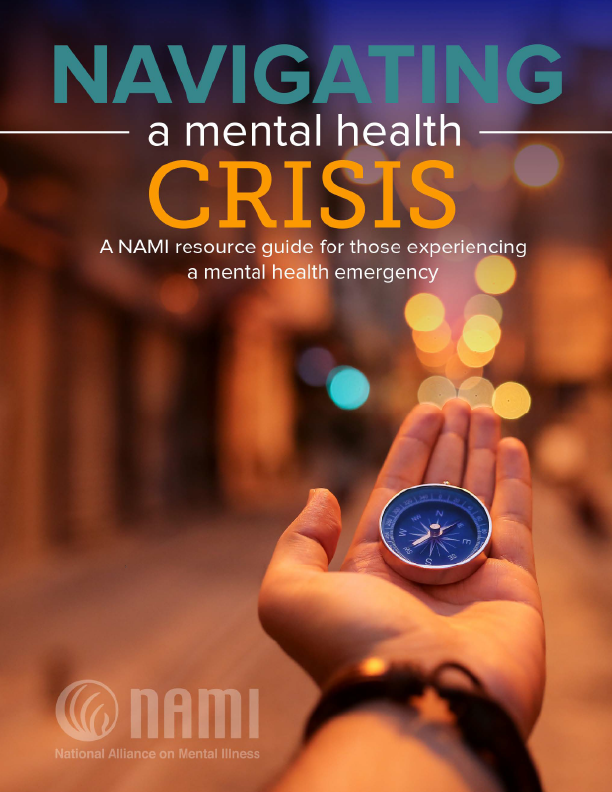Introduction
The World Health Organization (WHO) declared the COVID-19 outbreak an international pandemic in March 2020. Since then, the pandemic has had an unprecedented impact on peoples’ lives around the world. Countries have responded by imposing a variety of public health measures, and implementing stimulus programmes to help protect individuals and companies. These measures have evolved over the last six months, in response to the changing situation in different countries. Changes in behaviour as a result of the pandemic – whether the behaviour of individuals, companies or governments – have in turn presented criminals with new opportunities to commit crimes and launder the proceeds. The FATF has been monitoring these changes in criminal activity, their impact on anti-money-laundering/counter-terrorist-financing (AML/CFT) regimes, and the measures that governments have implemented to respond to the different types of challenges presented. This has included the publication of a paper in May on COVID-19 risks and policy responses, supplemented by a series of webinars with participants from both the public and private sectors.1 Since May, the FATF has continued to collect and assess relevant information on the impact of the pandemic. This assessment confirms that the risks and policy responses published by the FATF in May remain relevant. The purpose of this paper is to provide reporting entities, other private sector entities, and other stakeholders with additional information on COVID- 19 related money laundering and terrorist financing risks. This paper addresses both changes in predicate offences and changes in money laundering and terrorist financing activity. Selected case studies, displaying criminal activity that has occurred since the beginning of the pandemic, highlight the changes in criminal activity. A longer list of case studies provided by jurisdictions around the world is attached as an Annex.
COVID-19-Related ML/TF Risks
FATF analysis demonstrates that criminals are continuing to exploit the opportunities created by the pandemic across the globe, with mounting cases of the counterfeiting of medical goods, investment fraud, adapted cyber-crime scams, and exploitation of economic stimulus measures put in place by governments. There have also been examples of online child exploitation due to an increase in the time spent online, increases in property crime due to properties being left uninhabited, and corruption in relation to contracts for medical supplies. While it is difficult to determine whether criminal activity has increased overall as a result of the pandemic, and while the nature of the risks vary between jurisdictions, a number of jurisdictions have reported dramatic increases in the numbers of particular types of cases. For many jurisdictions, these increases appear to relate to certain types of fraud, such as counterfeiting of medical goods and abuses of economic stimulus measures or corruption relating to public contracts. The example below from Brazil [Case Study 1] provides an example of the increases in particular types of offences as a result of the pandemic, and the measures that authorities have taken to investigate and disrupt the criminal activity.
Conclusion
The impacts of the pandemic continue to evolve. Consequently, the changes in both money laundering and terrorist financing activity as a result of the pandemic are likely to continue to evolve as well. Rising unemployment, financial distress, the bankruptcy of companies, the increased circulation of cash in economies, potential stockpiling of cash by organised criminal groups, and the accelerated implementation of stimulus programs represent vulnerabilities that criminals may increasingly exploit over the coming months. Furthermore, as the development of new COVID-19 vaccines accelerate, so too will opportunities for criminals to devise criminal scams to exploit and illegally profit from these new medical advancements. While there are some globally consistent trends, other risks may be specific to particular countries or regions. The FATF will continue to monitor the impact of the pandemic on global ML and TF risks and on AML/CFT regimes, working closely with observer organisations and the network of FATF-Style Regional Bodies to understand regional specificities. The FATF will provide further updates, should the impacts significantly evolve. It continues be critical for jurisdictions, financial institutions, and designated non-financial business and professions to identify, assess, and understand the particular ML and TF risks they face, and take corresponding mitigating action in line with the FATF Recommendations.
